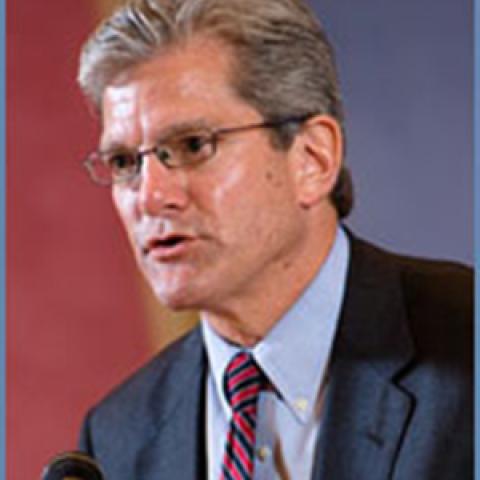The course of modern American philanthropy was set by the Rockefeller Foundation at its first meeting in 1913. Refusing to be confined to mere charitable purposes, it instead followed John D. Rockefeller’s maxim that “The best philanthropy involves a search for cause, an attempt to cure evils at their source.”
Ever since, the largest American foundations have regarded themselves as the trailblazers of America’s future, governed not by the petty interests of everyday people, but rather by the grand projects of professionally trained experts — those steeped in the natural and social sciences’ quest for root causes. As it has been since that Rockefeller board meeting more than a century ago, so it will be five years from now.
American foundations will arrogantly, if quietly, finance whatever they regard as the preferred future for this nation, which will invariably be cutting-edge progressive causes. They are and will remain above accountability to the American electorate — a fact that, in their view, qualifies them to be “society’s passing gear,” as the Ford Foundation’s Paul Ylvisaker once put it.
There is today a flurry of concern about the future of philanthropy, accompanied by bold pronouncements to resist incipient fascism. Looking back five years from now, however, it will be clear that the only moment of genuine, if minor, peril to philanthropy’s autonomy came when Congress considered imposing a substantial excise tax on foundation earnings. It was derailed, ironically, with help from the conservative philanthropic establishment.
Other sectors — government, corporations, universities, journalism — have been compelled to yield some ground to populist, anti-elitist sentiments. That’s because they are accountable to ordinary voters and customers, to whom conservative activists could appeal. Without any internal pressure for change from conservatives, however, philanthropy will remain what it has always been: the wellspring of progressive thought and action. As it was in 1913, so it will be in 2030.




















